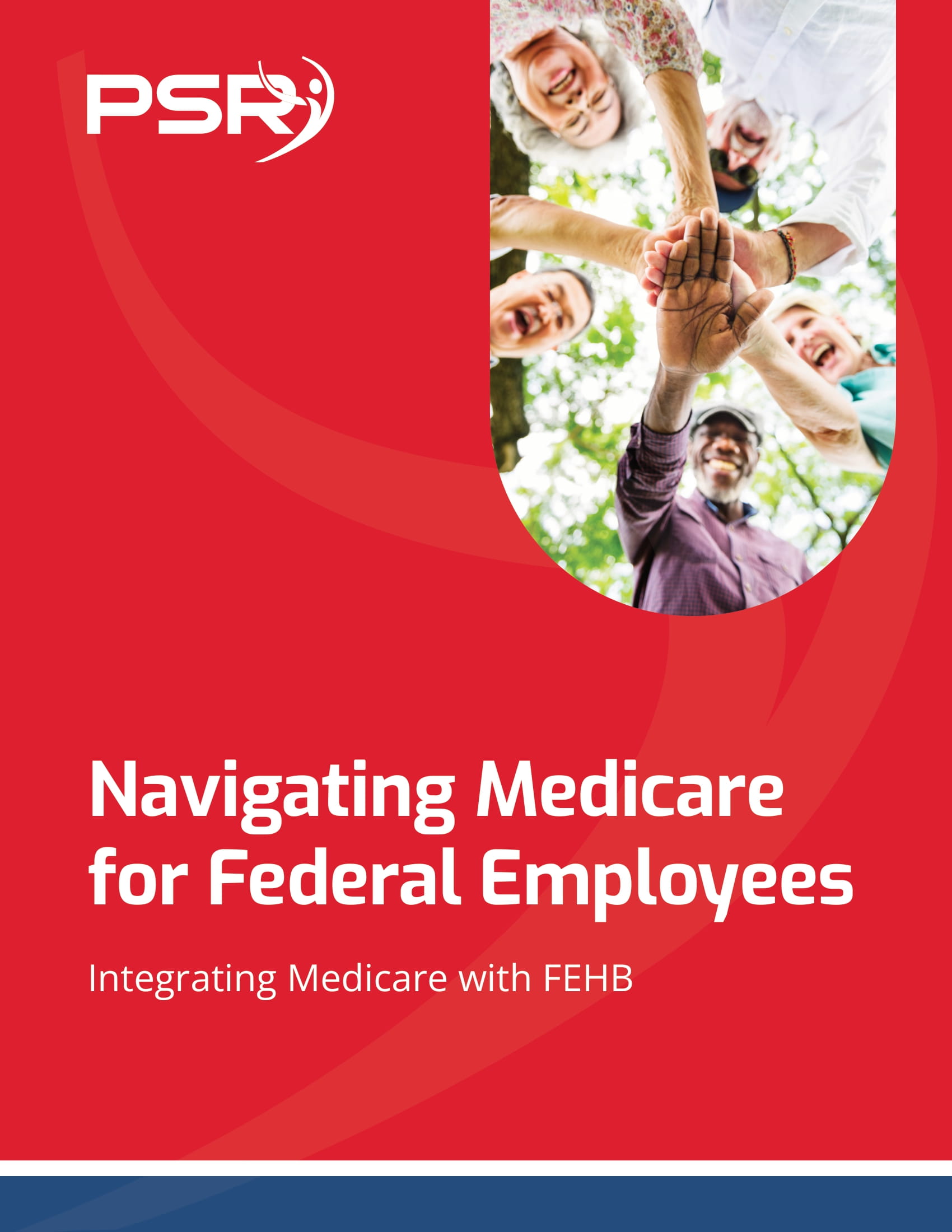Key Takeaways
- Federal workers nearing retirement must focus on timing, retirement benefits coordination, and healthcare planning for a smooth transition.
- Understanding available federal programs and investment strategies can help maximize retirement income and secure financial stability.
Thinking About Retiring Soon? Here’s the Best Advice Federal Workers Are Following Right Now
As retirement draws closer, federal workers have plenty to consider. From ensuring their benefits are optimized to planning their healthcare coverage, federal retirees must navigate a range of options. If you’re eyeing retirement, understanding what successful retirees are doing now can provide valuable insights and prepare you for a secure and comfortable future.
1. Assessing the Right Time to Retire
- Also Read: Divorce and Your Federal Pension—What Happens When You Split Assets and How It Could Affect Your TSP
- Also Read: What Happens to Your Federal Benefits After Divorce? Here’s the Lowdown
- Also Read: The Best FEHB Plans for 2025: Which One Fits Your Lifestyle and Budget the Best?
Retiring before reaching your MRA or without enough years of service can significantly reduce your benefits. To maximize your retirement income, many federal workers wait until they are eligible for full retirement benefits. Additionally, retiring close to the end of a pay period or fiscal year can maximize annual leave payouts and other accumulated benefits, providing a stronger financial cushion.
Evaluating Your Financial Readiness
Another key component is financial readiness. Many federal workers are advised to evaluate their Thrift Savings Plan (TSP) balance, Social Security benefits, and other savings to ensure they have enough to maintain their desired lifestyle. If you are unsure of your readiness, consulting with a financial advisor who specializes in federal retirement can help you determine if delaying retirement by a year or two might be beneficial.
2. Healthcare Planning: FEHB and Medicare Coordination
Healthcare costs are a significant concern for retirees, and federal workers are no exception. Fortunately, the Federal Employees Health Benefits (FEHB) program provides excellent options for retirees. However, understanding how to coordinate these benefits with Medicare is crucial.
Considering FEHB and Medicare Part B
Once you reach the age of 65, enrolling in Medicare becomes an option, and many federal retirees choose to combine Medicare Part B with their FEHB plan. This combination can reduce out-of-pocket expenses and provide comprehensive coverage. However, some opt not to enroll in Part B, relying solely on their FEHB coverage, especially if they plan to retire before turning 65.
It’s important to weigh the costs and benefits of enrolling in Medicare Part B alongside your FEHB plan. While this may mean additional premiums, it could result in lower out-of-pocket costs in the long term.
3. Maximizing Your TSP and Investment Strategy
Federal workers also have the advantage of contributing to the TSP, a retirement savings plan that can be a major income source during retirement. As retirement approaches, successful federal retirees often shift their TSP allocations to reduce risk, favoring more stable funds to preserve capital.
TSP Withdrawal Options and Strategy
When it comes to accessing TSP funds, federal employees have several options: lump-sum withdrawals, periodic payments, or annuity purchases. Many retirees opt for periodic payments to ensure a steady stream of income while minimizing the tax impact. Consulting with a TSP expert to develop a tailored withdrawal strategy is often advised, as it can maximize your TSP’s effectiveness while considering market volatility and inflation.
4. Understanding FERS Annuity Options
Your FERS annuity is another vital component of your retirement plan. Federal retirees are eligible for several types of annuities depending on their service and age. To make the most of this benefit, federal employees often choose between:
- Immediate Retirement: Available to those who meet the age and service requirements under FERS, this option provides full benefits right away.
- Early Retirement: If you qualify for early retirement, keep in mind that this comes with a reduced annuity, and planning for the impact of this reduction is crucial.
- Deferred Retirement: For those who leave federal service before meeting the requirements for immediate retirement, deferring benefits until the age of eligibility can be an option.
Federal workers are encouraged to review their annuity calculations carefully and explore additional benefit options such as the FERS Supplement, which can help bridge the gap until Social Security kicks in.
5. Managing Your Social Security Benefits
For FERS retirees, Social Security plays a role in their retirement plan. Many federal workers start considering their Social Security options well before retirement, understanding that the age they choose to start receiving benefits affects their income. Claiming Social Security at age 62 results in permanently reduced benefits, while waiting until full retirement age or even 70 can provide a higher monthly income.
FERS and the Social Security Supplement
For those retiring before the age of 62, the FERS Supplement can provide temporary income until you’re eligible for Social Security. This benefit is crucial for retirees who plan to leave federal service early but still want to maintain a steady income. It’s advisable to factor in the supplement when planning your retirement date and ensuring your income needs are met.
6. Exploring Long-Term Care Options
Long-term care is another consideration that many federal employees are addressing before retirement. Federal Long Term Care Insurance Program (FLTCIP) offers federal workers an option for long-term care insurance, which can be critical for those who want to protect their assets and ensure coverage for extended care needs.
Planning Ahead for Long-Term Care Costs
While the FLTCIP is an option, it’s not the only one available. Federal retirees should research other long-term care insurance options or self-insure by building savings specifically for future care needs. Evaluating these options now ensures that your retirement income remains intact, even in the event of unexpected health issues.
7. Keeping Up with Legislative Changes
Federal benefits can be subject to legislative changes, and staying informed is essential. Federal workers nearing retirement often keep a close eye on Congress and updates from the Office of Personnel Management (OPM). Adjustments to benefits, like changes in the TSP withdrawal rules or Social Security updates, can directly affect retirement planning.
Proactive Monitoring and Adjustments
Successful retirees proactively monitor such updates and adjust their plans accordingly. Whether it’s shifting TSP allocations, altering retirement dates, or modifying healthcare plans, federal workers who stay informed can make timely decisions that enhance their financial stability in retirement.
What Federal Workers Should Focus On Right Now
Federal employees contemplating retirement in the next few years should focus on key areas: planning the timing of their retirement, ensuring healthcare coverage aligns with their needs, maximizing TSP and annuity benefits, and keeping informed about potential legislative changes. Each of these steps is vital for securing a stable financial future. Taking the time to carefully evaluate each aspect of your retirement plan can help you achieve a smooth and rewarding transition into retirement.













